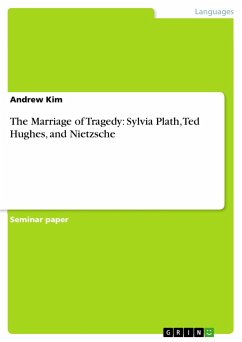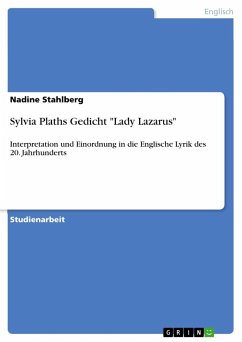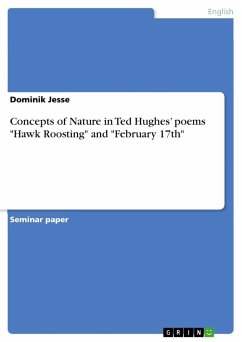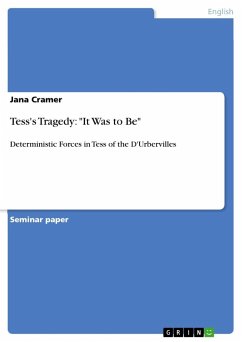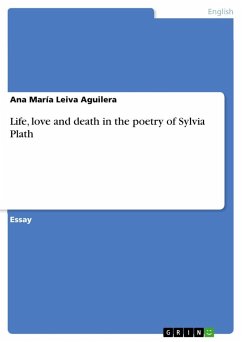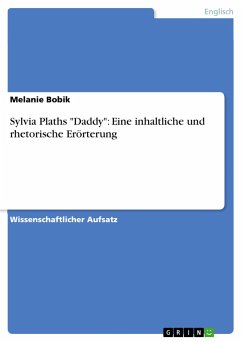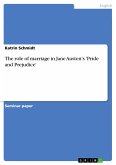Seminar paper from the year 2011 in the subject Didactics - English - Literature, Works, , language: English, abstract: It is predictable to find the term tragic when discussing the marriage between two poets, Ted Hughes and Sylvia Plath. This sense of tragedy is often expressed as relating to human emotions of sadness. In The Birth of Tragedy, however, Nietzsche uses the term to discuss attic tragedy, or also known as ancient Greek drama. Nietzsche sets forth the concept of the Apollonian and Dionysian duality, and the perpetual strife between these two opposite forces can be applied to other aesthetic inquiries. Most understandably, the method of looking at the two poets should be our priority in discussing their poetry. In order to incorporate Nietzsche's aesthetic framework, we must dispel the view of Plath as a confessional poet while inspecting some of Hughes' consistent poetic techniques. Although the two poets find common ground on some of their style and themes, Plath and Hughes can be distinguished based on their approach to their poems. In light of Nietzsche's view of tragic forces, Hughes is revealed as driven mainly through Apollonian sense of craft while Plath embodies the Dionysian spirit in her poems.

